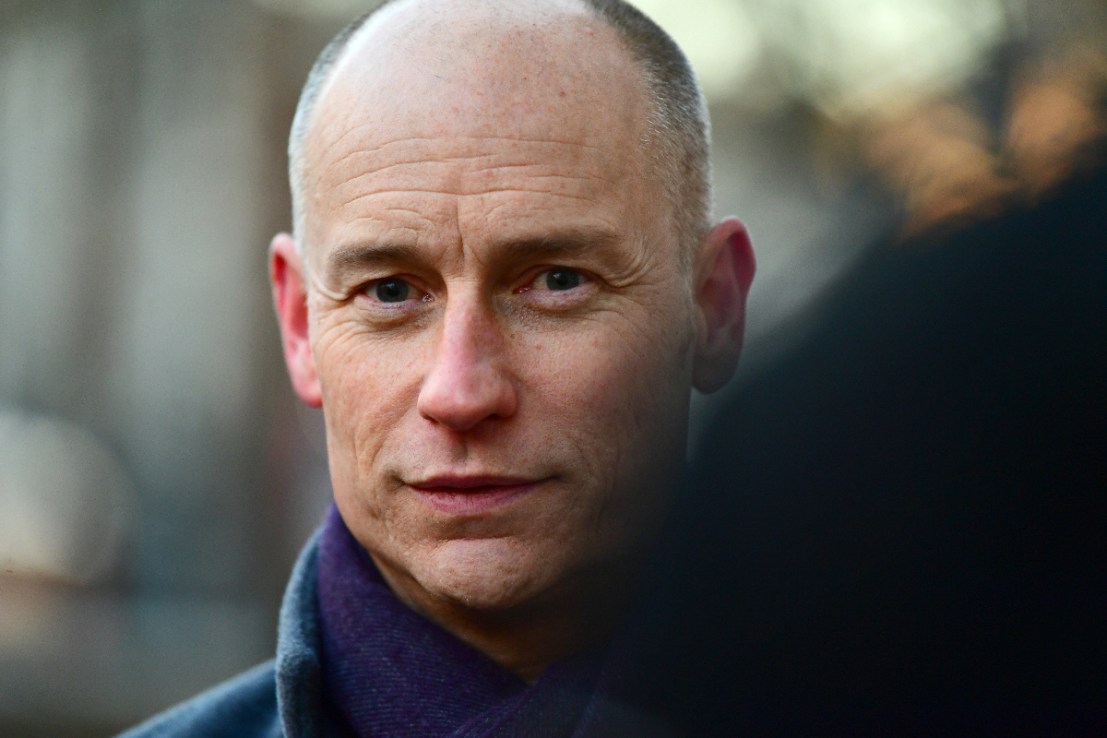Budget: Minister refuses to rule out tax rise for £100,000 earners nine times
A government minister has refused to rule out whether Labour would increase taxes on those earning more than £100,000 at the Budget. Speaking to Sky News, care minister Stephen Kinnock refused nine times to say whether – under Labour’s definition – someone earning a six figure salary would see their taxes go up. Labour’s election [...]


A government minister has refused to rule out whether Labour would increase taxes on those earning more than £100,000 at the Budget.
Speaking to Sky News, care minister Stephen Kinnock refused nine times to say whether – under Labour’s definition – someone earning a six figure salary would see their taxes go up.
Labour’s election manifesto pledged not to increase taxes on “working people”, which the party said covered National Insurance, VAT and income tax.
But it has not set out its definition of “working people”, sparking confusion ahead of Rachel Reeves’ first Budget on 30 October, with concerns the government will hike taxes on those earning above £100,000.
The Chancellor has relied on the precise wording to defend anticipated rises to employer national insurance contributions (NICs) and continuing a freeze on income tax bands.
And health secretary Wes Streeting suggested to Trevor Phillips on Sunday that the Budget would focus on “people on lower or middle incomes”, rather than help for high earners.
Pressed on Streeting’s wording by Kay Burley, Kinnock repeatedly insisted the Chancellor would “set out the Budget on 30 October” and “make absolutely clear” what the definition of a working person was.
He said: “I’m not going to get into speculation about the Budget… we made it absolutely clear that we won’t be raising taxes on working people. That means VAT, National Insurance, and income tax.
“We will not be breaking any of those manifesto commitments. The Chancellor will set the budget out on 30 October, so there’s not that long to wait.”
Asked by Burley for his own “opinion” and to clarify Streeting’s comment, Kinnock insisted: “It’s absolutely clear in our manifesto… obviously, the definitions have to be seen in the round.”
And he added: “It just would not be appropriate for me to speculate on what the Chancellor is going to put in the Budget.
“Look, what our manifesto made it absolutely clear that we will not be raising National Insurance, income tax or VAT on working people, and that is a pledge that will be delivered.”
During the election campaign in June, Sir Keir Starmer said “working people” are those who are working but do not have meaningful savings.
Currently, if you earn from £50,271 to £125,140, you pay 40 per cent tax on that income, also known as the higher rate. Additional rate income tax of 45 per cent is paid by those earning above £125,140.
Those earning more than £100,000 also have a smaller personal allowance – i.e. an amount of income which is untaxed.
The Treasury does not comment on speculation around tax changes outside of fiscal events.
